Impressions
Families’ feelings about using services
I want to have hope that I'm not gonna be on these lists for ten more years.
The idea of utilizing public services is often a loaded one. Stereotypes and prejudices permeate our dialogue around services and shape these programs’ structures and requirements—impacting the way they are delivered and accessed by families. Many families in this project expressed feeling those prejudices keenly. They expressed having feelings of desperation, frustration, and shame while navigating the public service landscape. And yet many also shared feelings of relief at receiving support and a commitment to persistence to doing whatever it takes to take care of their children.
Desperation
“You want me to be on the streets before you help me.”
“People shouldn’t be struggling, people should have enough food for their families.”
“Basically living paycheck to paycheck, you can’t save for the future. Basically you are struggling and have to try to budget.”
“You’re fighting tooth and nail with these programs because they’re not helping.”
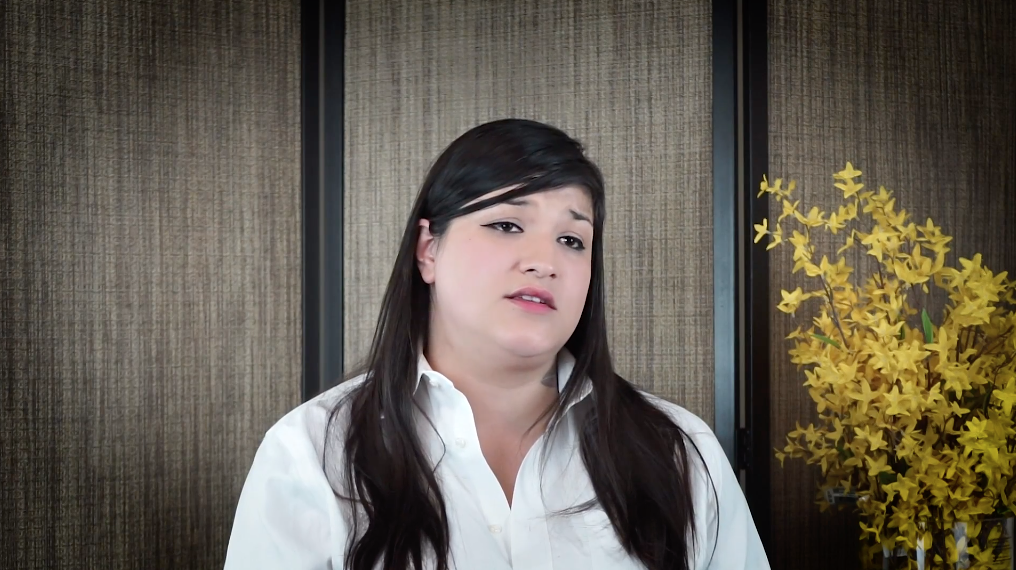
Mary’s story
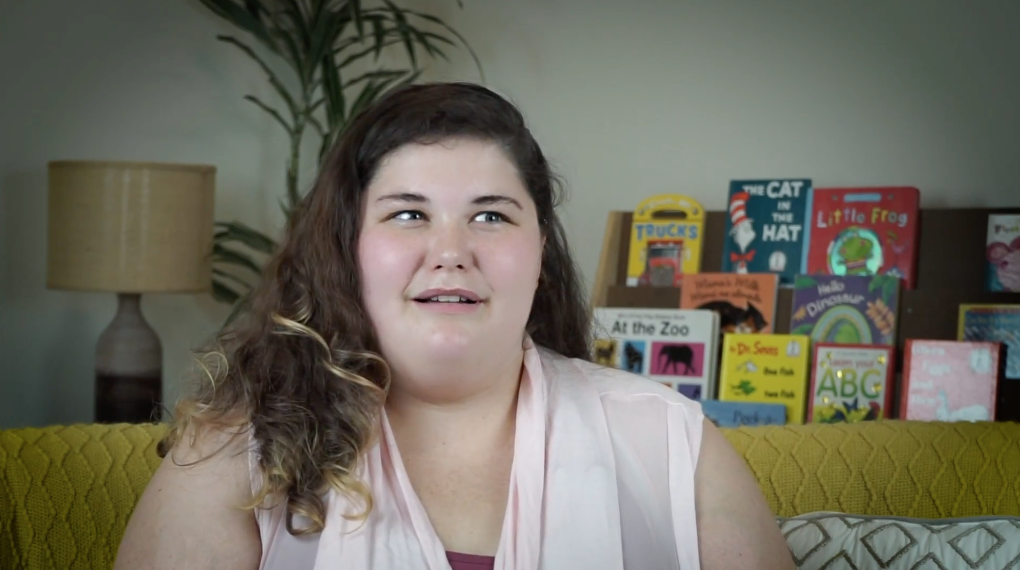
Cassie’s story
Frustration
“Sometimes work ends with a company and the following week we need to find a job at a different company, so we don’t have the paystubs they ask for...it feels like the workers at service programs get angry at us because we can’t give them exactly what they want.”
“It’s a barrier. You can get this but you can’t get this. And there are no other programs they can refer you to to get the services.”
“It’s like a constant battle with them. You’re trying to get back on your feet but they’re over here docking you because of that. Now [I have a job but] I have to go and complain and argue with my case manager to see if I can get transportation and child care back.”
“When I was doing the domestic violence classes [I couldn’t get employment support.] It’s one or the other. You can’t work and claim a medical condition.”
"I was looking into getting some grief therapy for me and my son [because my mother passed away and he’s always talking about missing his grammy] and my GAIN worker told me that I would have to be pulled out of the [employment services] program I’m currently in in order to get that therapy, so I stayed because I need to work...that was frustrating."
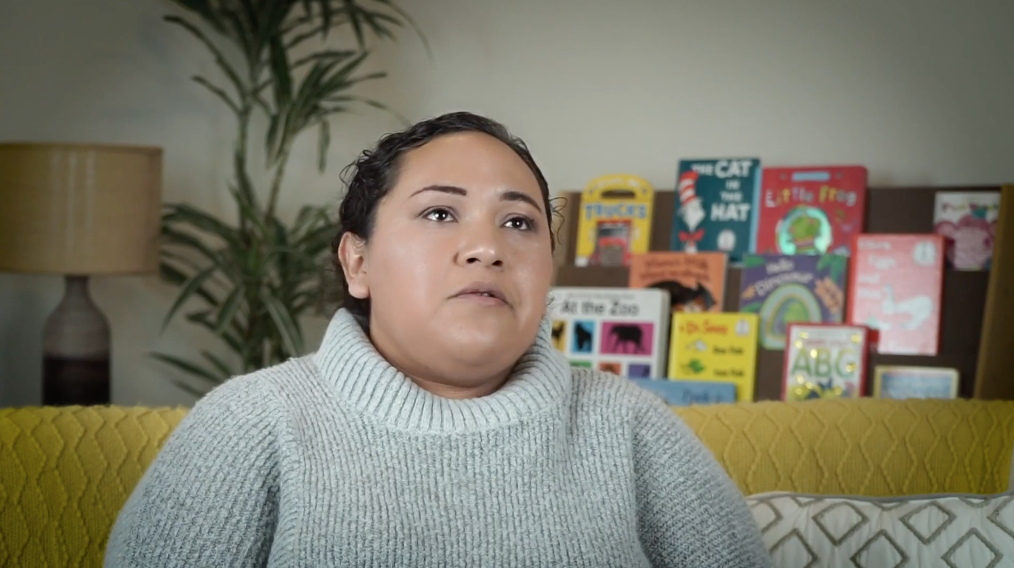
Martha & Francisco’s story
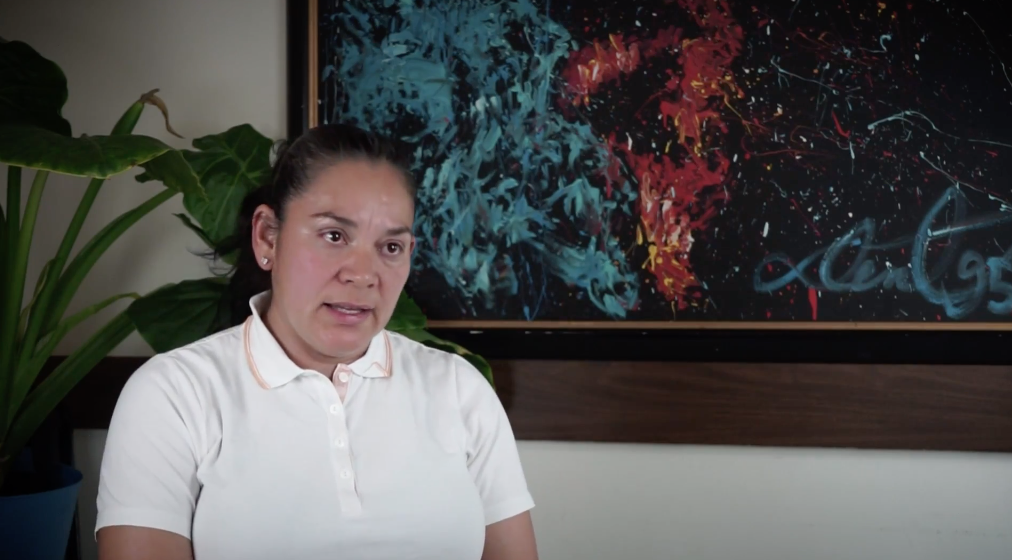
Lupita’s story
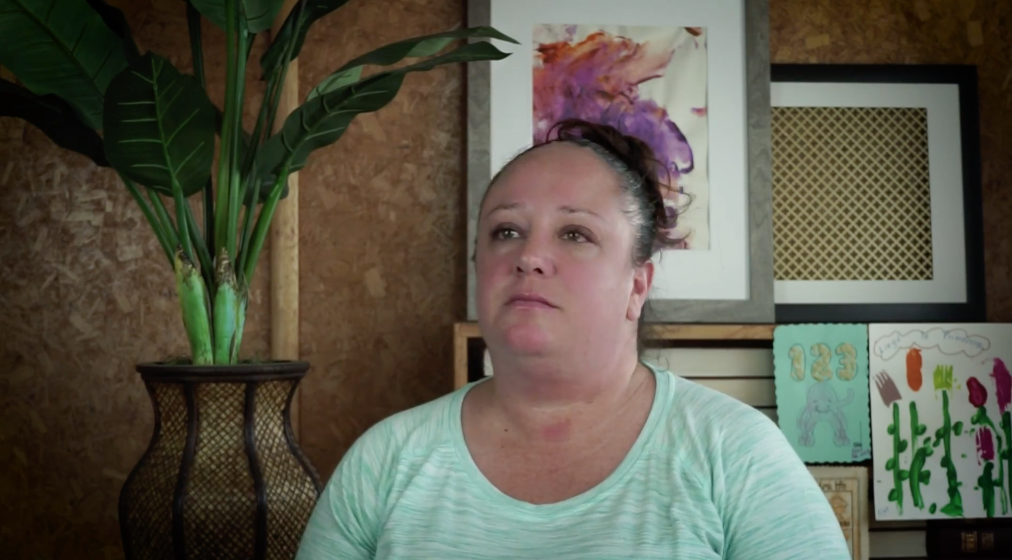
Danielle’s story
Persistence
“As mothers we are trying to do something productive and show our kids you can do it, you can be brave, you don’t have to count on a person, teaching our daughters you don’t have to rely on a man.”
“I need to work, I have to support us.”
“You have to advocate for yourself.”
“If you want your family to make it, you want the best for your family, you’re going to take advantage of these resources and put up with the bad workers.”
“I had to take a risk [of losing services] in order to go to work and go to school.”
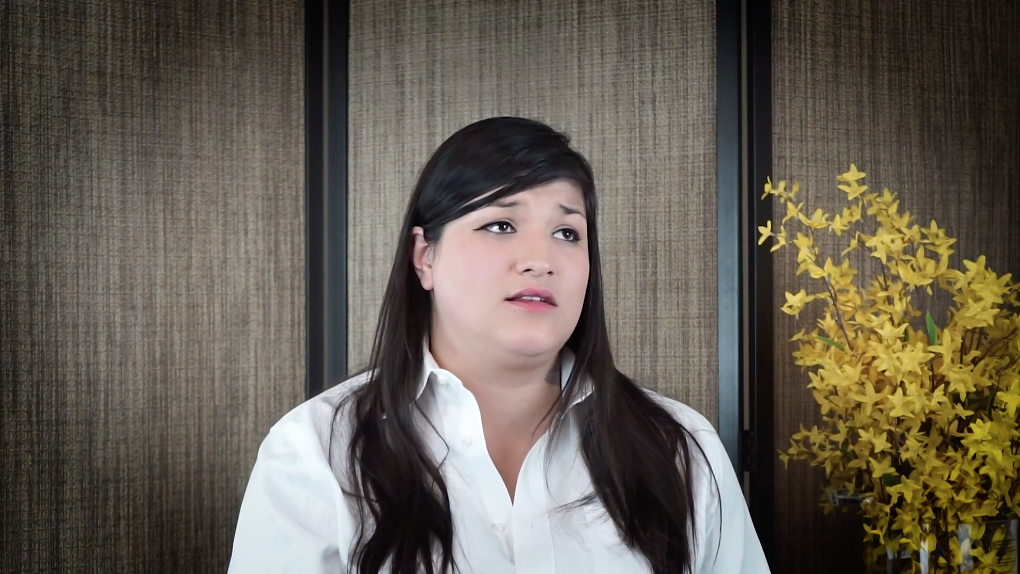
Mary’s story
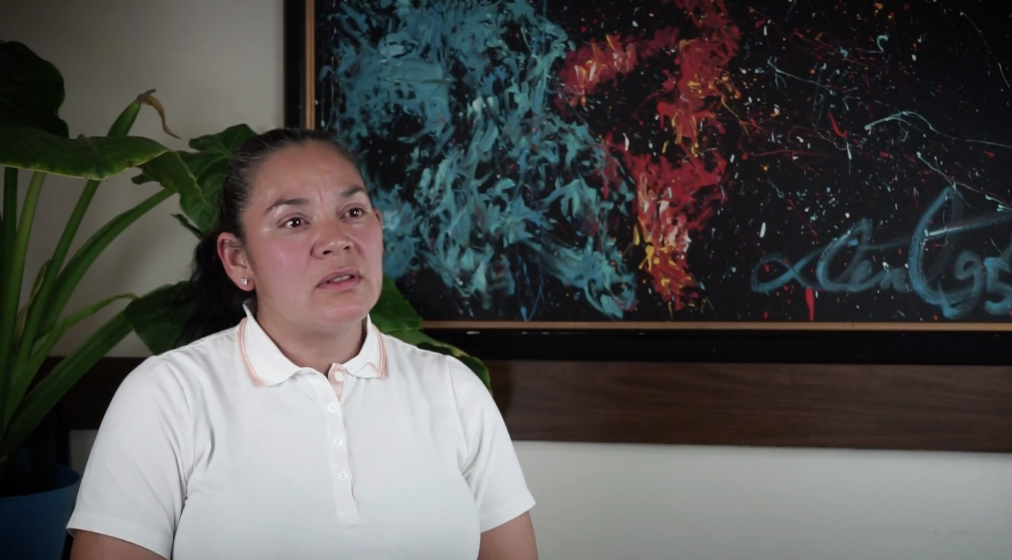
Lupita’s story
Shame
“It’s uncomfortable and embarrassing, you know? Like I don’t like letting people know about all of these programs I go to because I feel like it makes me look bad. Like I can’t take care of my son by myself, I have to get help from other people. I don’t like that, I don’t want people knowing I am getting support from others, you know? It’s embarrassing.”
“It feels like you’re just a number. It’s disrespectful, they make you feel like a little kid.”
“Every month I don’t use [all of my benefit] out of my fear of being judged. It’s a big help, but it’s not something I can use fully.”
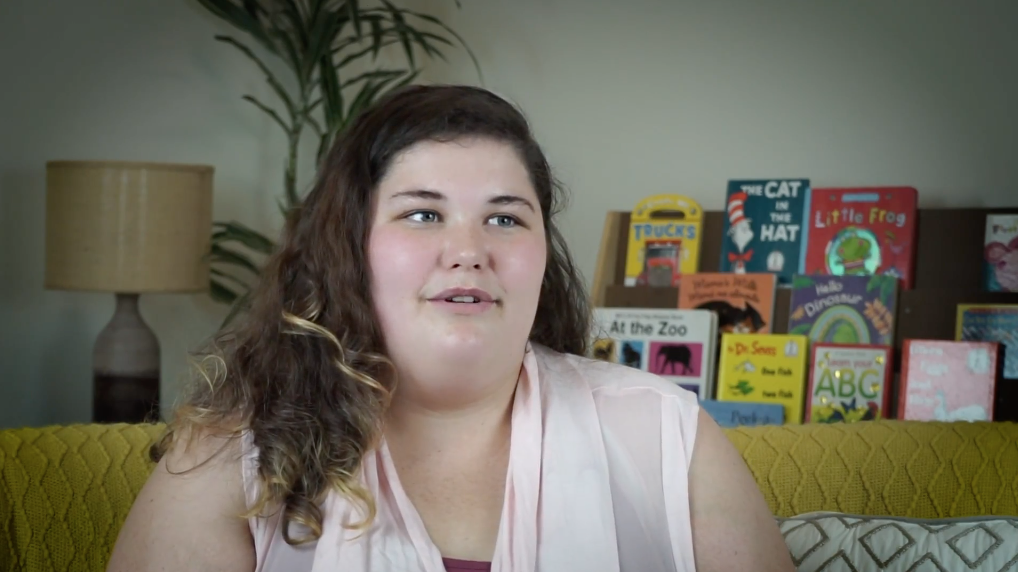
Cassie’s story
Relief
“[The services give you] some level of comfort, that you’re going to be okay. But it never gives you full comfort because of how the system goes...but it does bring you some comfort.”
“[I felt] relief, because they were there for me. Because just to tell you this real quick, I had nothing for a baby.”
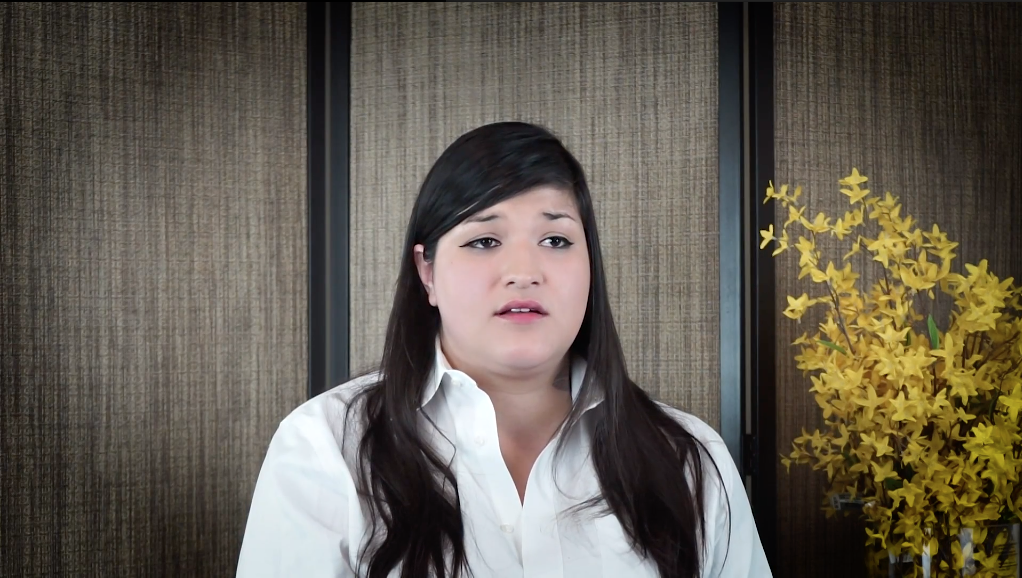
Mary’s story
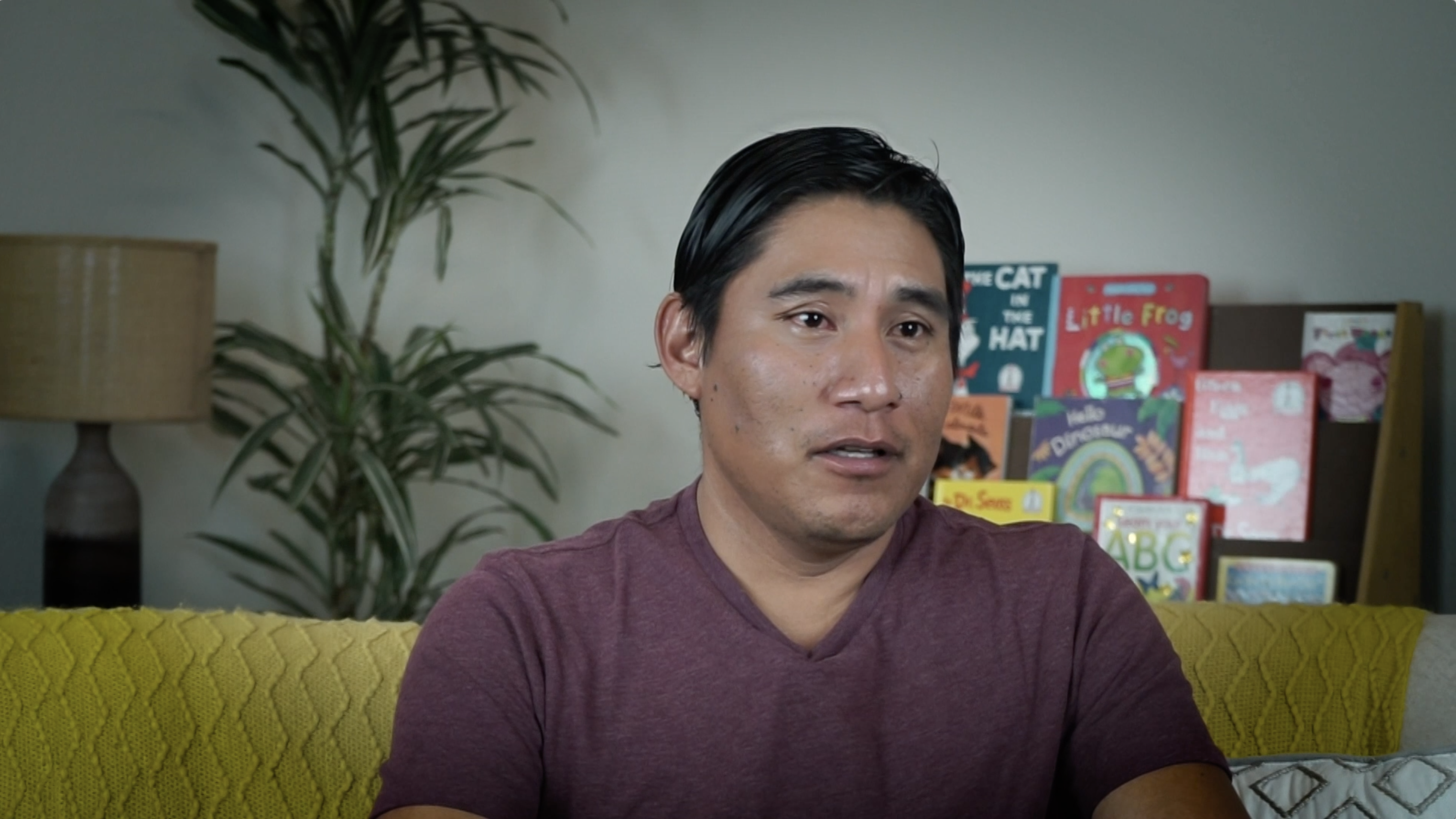
Martha & Francisco’s story
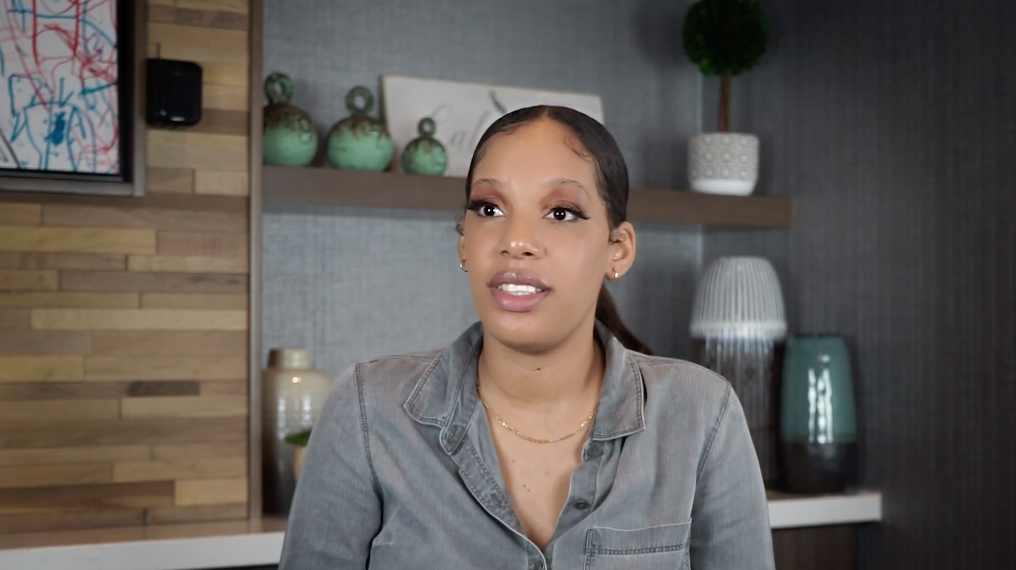
Jasmine’s story